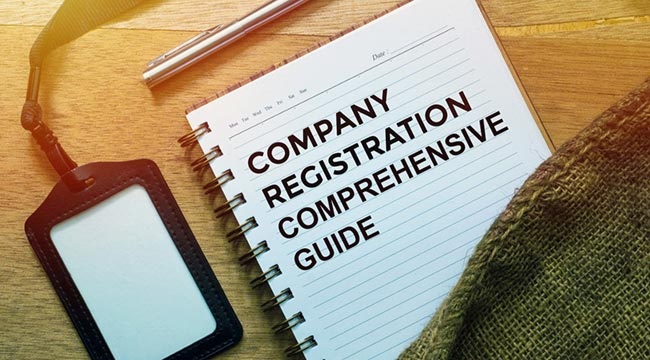Registering a company in Thailand can be beneficial for businesses due to its progressive economic policies, low corporate tax rates, and various incentives offered by The Board of Investment (BOI). Companies will also benefit from easy access to an educated and skilled labour force.
This blog post provides an overview of what is required to register a company in Thailand, including types of business entities, legal requirements for company registration, taxation, employment laws, and corporate compliance.
Types of Business Entities in Thailand
There are several types of business entities that can be established in Thailand. The following are the most common:
a) Private Limited Company (PLC)
Shareholders own this type of company and have limited liability. It can have up to 50 shareholders and must have a minimum paid-up capital of 2 million baht.
b) Public Limited Company (PLC)
This type of company is owned by shareholders and has limited liability. It can have more than 50 shareholders and must have a minimum paid-up capital of 5 million baht.
c) Branch Office
A branch office is an extension of its parent company located outside the country. It does not have a separate legal entity from its parent and is subject to the laws of both Thailand and the home country of the parent company.
d) Representative Office
A representative office is an extension of its parent company located outside the country. It does not have a separate legal entity from its parent and is limited to conducting market research and promotional activities on behalf of its parent company.
Legal Requirements for Company Registration in Thailand
The legal requirements for Thai company registration vary depending on the type of business entity being established. Here we will focus on the legal requirements for setting up a Private Limited Company (PLC).
To set up a PLC, there are several legal documents and procedures that must be fulfilled. These include drafting the company’s memorandum of association and articles of association, submitting the company registration form to the Ministry of Commerce, registering with the Revenue Department, and obtaining a tax ID number.
For setting up a PLC, it is necessary to draft the company’s memorandum of association and articles of association (also known as the company’s charter). The memorandum of association outlines the purpose and scope of the business, as well as other relevant details. The articles of association outline the rules and regulations for conducting the business.
Once all necessary documents have been prepared, the registration process can begin. This involves submitting the company registration form to the Ministry of Commerce and registering with the Revenue Department. Once these steps are completed, a tax ID number will be issued. After obtaining the tax ID number, the company must apply for work permits and visas for its employees.
Taxation in Thailand
The taxation system in Thailand is divided into two categories: corporate income tax and value-added tax (VAT). Corporate income tax is levied on all profits the company generates, while VAT is imposed on the sale of goods or services. For corporations registered in Thailand, the corporate income tax rate is a flat 20%.
Employment Laws in Thailand
Several employment laws must be adhered to when setting up a company in Thailand. The following are some of the most important:
a) Employees must be provided with health insurance and other benefits.
When hiring employees, employers must provide them with health insurance, accident insurance, and other benefits.
b) Employees have a right to unionize.
Employees in Thailand have the right to form or join a trade union for the purpose of collective bargaining.
c) Employees are entitled to minimum wages and overtime pay.
The minimum wage in Thailand is currently set at 300 baht per day. Employees are also entitled to receive overtime pay for any hours worked beyond the regular 8-hour work day.
Corporate Compliance in Thailand
In addition to following the legal and taxation requirements, companies must also comply with various corporate compliance regulations. These include filing annual reports with the Department of Business Development, keeping up-to-date financial records, and filing annual tax returns. Failure to comply with these regulations can result in fines or criminal prosecution.
In conclusion, setting up a company in Thailand needs planning and scrutiny in compliance to legal requirements. Companies must draft and submit the necessary documents to the Ministry of Commerce, register with the Revenue Department, obtain a tax ID number, and comply with various corporate compliance regulations. By following these steps and complying with the relevant laws, companies can ensure smooth operations in Thailand.


